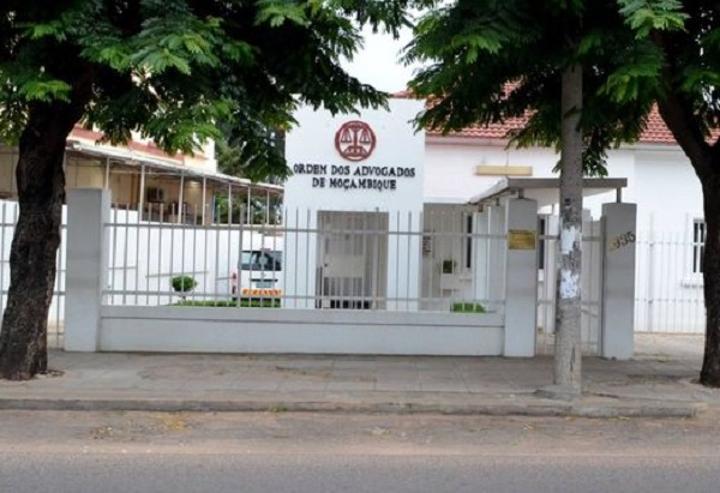Africa-Press – Mozambique. The Mozambican Bar Association (OAM) considers that the proclamation of the results of the local elections by the Constitutional Council lacks grounding, and calls for a review of electoral legislation.
In a note dated December 1 consulted by Lusa on Sunday, the OAM states that the Constitutional Council (CC) “must exercise its powers of cognition knowing the de facto and de jure matter”, and thus “providing the grounds for its decisions, and cannot nor should it be limited to saying ‘the results resulted from the rechecking of the data, in accordance with the evidence produced’”.
On November 24, the CC proclaimed the Front for the Liberation of Mozambique (Frelimo) winner of the October 11 municipal elections in 56 municipalities, against the previous 64 announced by the National Elections Commission (CNE), with Renamo (Mozambican National Resistance, the largest opposition party) winning four, and had elections repeated in four others. Previously, some district courts annulled several votes, but the CC ruled that they did not have this responsibility.
“The giving reasons requirement, completely absent in the CC’s ruling, is the expression of the legitimacy of the jurisdictional exercise and is necessary to explain the reasons for the decision, for the understanding and scope of the procedural participants, but, above all, for society, given the public interest involved in the electoral process,” the OAM statement reads.
“We are not saying that decisions must please the majority or the minority, but that they must be substantiated as a legal requirement. In fact, life is plural, and no one has a monopoly on the truth, but we have to allow ourselves to accept the contradictory, otherwise we will fall into authoritarianism. The intensity of the pulse cannot overcome the strength of the mind and hands,” adds the OAM note, signed by its president, Carlos Martins.
The streets of some Mozambican cities, including Maputo, have seen repeated opposition demonstrations against what they consider a “mega-fraud” in the local elections process and the results announced by the CNE, which were also heavily criticized by civil society and non-governmental organizations.
The OAM insists that the way in which these elections were conducted led to “the total discredit of the Electoral Administration Bodies amongst Mozambicans, with the emphasis on the CNE and the Technical Secretariat for Electoral Administration (STAE)”.
“The same happens with the District Judicial Courts as electoral courts of first instance in the course of electoral processes, the Constitutional Council, and, by extension, with regard to the Executive and Legislative powers, as well as political parties and their respective leaders, due to lack of confidence in their suitability, legitimacy, balance and independence in the mission for which they were established,” the comment reads.
For the OAM, the “principle of neutrality of the institutions that govern the electoral process must be followed”, and “it does not seem advisable” to proceed with “other elections with these laws and electoral administration institutions, nor their respective composition”. Mozambique is scheduled to hold general elections in October, 2024.
It adds that “it is common knowledge” that the Mozambican Electoral Law “is a terrible copy of the Portuguese electoral legislation, but, in truth, it must be said, in terms of electoral resources, it is regulated differently from its guiding light, which is the Portuguese Electoral Law”.
“In this legal system, it is established that the judicial courts, as courts of first instance, have jurisdiction to deal with disputes regarding the presentation of candidacies, unlike what is stipulated in our electoral legislation regarding local elections,” it reads.
“Predictable electoral laws are required that follow the evolution of democratic processes, thinking and the way of being in society. Electoral institutions, including judicial bodies, must preserve independence as a factor in legitimizing their own existence and power Otherwise, the path will be tortuous,” it concludes.
For More News And Analysis About Mozambique Follow Africa-Press






